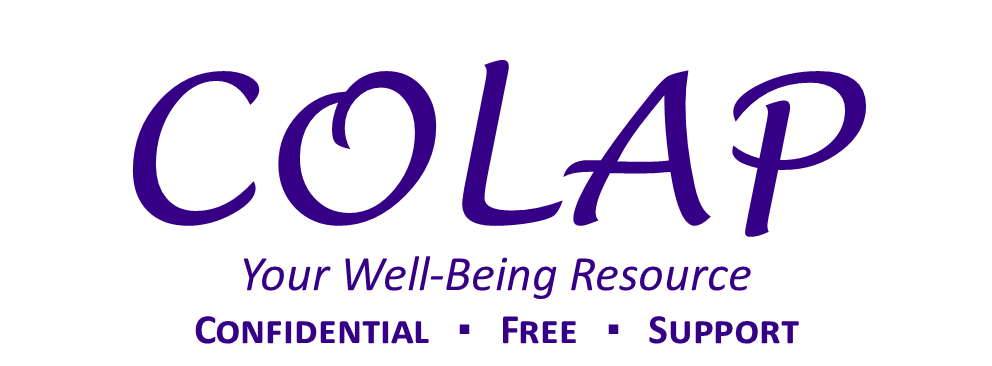Think You’re Multitasking? Quick, Think Again.

Colorado Lawyer Assistance Program
2490 West 26th Avenue
Denver, CO 80211
303-986-3345
www.coloradolap.org
“The shortest way to do many things is to do only one thing at a time.” ~ Sir Richard Cecil
We are living in an age of information overload. Studies estimate that scientists have collected as much information in the last 25 years as in all of human history before that. What does that mean for you in your everyday life? You are bombarded with information from the moment you wake up to the moment you fall asleep. Some of that information comes to us from the TV, the computer, our smartphones, or in newspapers and books. Some of the information comes to you from the people you are in contact with on a daily basis. Every time you communicate with someone, you are exposed to information that often requires you to respond in some way. As a judge, you are constantly being exposed to information both on and off the bench. In addition, every second of the day your senses are exposed to millions (or billions) of bits of information that is taken in by your senses and filtered or prioritized by your brain. If you smell smoke or hear a fire alarm, for example, your brain priorities those sensory inputs in a way that affects your behavior. When you think about how much information your brain and body process in a day, it is exhausting.
Unfortunately, the human brain has not had time to evolve and change to catch-up with the exponential increase in stimulus that you are expected to respond to, so humans have had to develop coping strategies, such as multitasking, in order to assimilate. The concept of multitasking originated in the 1960’s as a concept related to computers. While you are capable of doing two things at the same time, the brain cannot concentrate on two tasks at the same time. Thus, the concept of multitasking is actually a myth. When you are doing what you think is multitasking (cooking dinner while helping the kids with their homework and thinking about your docket for tomorrow, with the TV on in the background), it is actually our brain switching tasks quickly. The problem with switching tasks quickly is that making the brain “stop and go” requires tremendous energy that can deplete chemicals in the brain needed to concentrate and process information. The outcome of doing too much multitasking in a day (week, month, or year) is feeling or being exhausted and cloudy-headed.
There are simple ways to avoid the depletion of energy that your brain needs. Rather than trying to do many things at once, prioritize and spend at least 10 minutes on each task. When you are switching tasks, recognize that you are changing direction. If the brain has preparation for the “stop and go,” it depletes less energy than mindlessly flying back and forth between tasks. Taking a walk outside, even a brief one, while purposely thinking about something positive, helps to reset your neural nets. Getting a good night sleep is the best way to help the brain reset itself, especially in combination with taking one nap a day to process information. The majority of us, however, do not have the luxury to take naps during the week day. If that is the case, designate time on weekends or days when you can fit that nap in.
The bottom line? SLOW DOWN. Do whatever you are doing with awareness, and prioritize your schedule. Bring yourself back to the present moment. Be sure to prioritize rest and relaxation into your day, especially on days you know will be “insanely busy.” Your brain will thank and reward you!!!
By Sarah Myers, JD, LMFT, LAC Executive Director, Colorado Lawyer Assistance Program © Colorado Lawyer Assistance Program, 2020
The Colorado Lawyer Assistance Program (COLAP), your free, confidential and independent well-being program for Colorado judicial officers, is available at www.coloradolap.org or by calling 303-986-3345. If you or a colleague are in need of confidential support, referrals, direction on how to resolve personal or professional stressors, or are interested in a free well-being consultation, please contact COLAP directly for assistance.